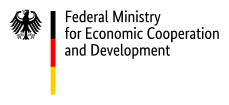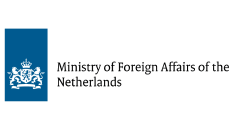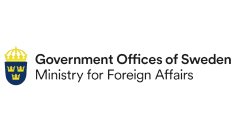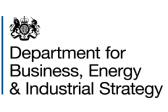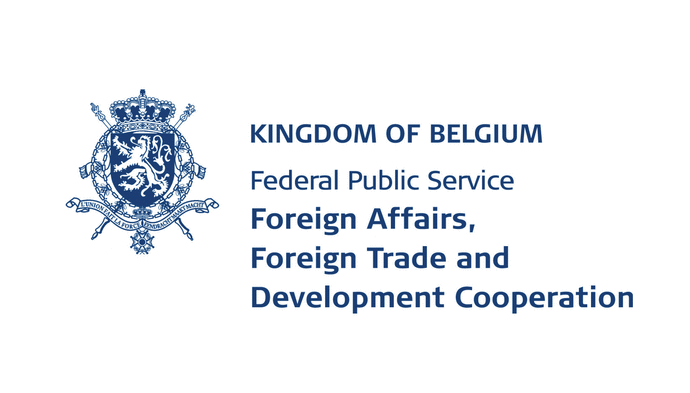Zimbabwe - Increasing Private-sector Engagement

Zimbabwe has spearheaded efforts to mobilize climate finance and engage the private sector in climate action. Substantive work is ongoing in these areas, culminating in tangible results for climate and development.
Results of these efforts are observed in the energy sector. In Zimbabwe, a significant urban-rural disparity exists in access to electricity. As of 2020, only an estimated 44% of Zimbabwe’s population had access to electricity. The lack of electrification in rural areas has caused losses in production across key economic sectors. To increase access to electricity in rural areas and expand renewable energy access and generation in Zimbabwe, the NDC Partnership, through its members, has catalyzed investments in climate and renewable energy through engagement with the government and private sector.
The United Nations Development Programme (UNDP) has been a leading institutional member supporting transformational action in Zimbabwe. A total of USD 1.5 million has been mobilized to accelerate access to sustainable, affordable and clean energy. The catalytic funding will support feasibility studies of solar mini-grid project sites identified and prioritized by the government, the design of incentives to enhance the bankability of projects and the development of project pipelines to be presented to potential investors. Building on existing public and private partnership offerings and models such as the viability gap funding established, two solar mini-grids will be supported to close the energy access gap as well as reduce greenhouse gas emissions from the energy sector, as identified in the Rural Energy Master Plan . UNDP has also engaged the Rural Electrification Fund and the Zimbabwe Energy Regulatory Agency to enhance institutional coordination and capacity by embedding an energy advisor in the Ministry of Energy and Power Development.
Finance has also been mobilized through a programmatic partnership between the Joint SDG Fund and local stakeholders. The four-year program — jointly developed by UNDP; United Nations Educational, Scientific and Cultural Organization (UNESCO), UN Women, United Nations Capital Development Fund (UNCDF) and the government of Zimbabwe — has allocated USD 45 million to catalyze investments in renewable energy for the acceleration of the attainment of the Sustainable Development Goals (SDG). The Joint SDG Fund is contributing USD 10 million while the Infrastructure Development Bank of Zimbabwe (IDBZ) and local private-sector partners, including Old Mutual Investment Group (OMIG), Zimnat Asset Management and CABS are contributing USD 35 million. The main intervention of the collaboration will center on the establishment of an innovative, inclusive and gender-responsive renewable energy fund (REF). The REF aims to leverage the private sector and financial markets to finance projects that achieve returns on investments and social impact for sustainable development. The program is a full-scale demonstration of the use of REF instruments to drive innovation and empower communities through entrepreneurial opportunities, income and job creation, improved quality of life and improved environmental conditions. As a long-term strategy, the REF is expected to unlock over USD 30 million from financial markets in Zimbabwe and regional and international development entities that would otherwise not be directed toward renewable energy financing.


